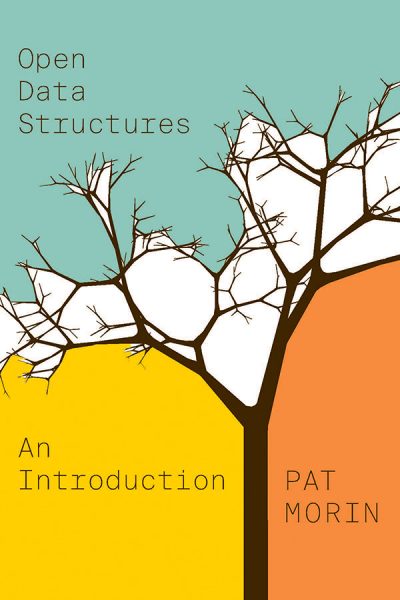Fortunately , 3/4 of the 2021 plan repository was finished. ✅
It's time for a new challenge , although I face alot of problems & difficulties this year. Coding practically this year won't be easy until 1 / 12 / 2022. Why? because I'm currently serving in the military..
This year will be mainly studying and practicing the theoretical computing , also revision on the last 4 years of faculty of computer and informatics. This year will be mainly focusing on reading Technical books & different technical topics , and also dow my best in practicing when the opportunity comes!
I'm free and happy to receive feedbacks , pull requests or even addition in more different topics!
Domi or ( Documents in military) is a personal documents hosted in Google docs , it averages 150 - 200 pages which contains different topics , articles , researches also different linkedin and Facebook posts to read in military.
-
Total DOMIs number will be roughly 17 DOMI.
- First page : Title of Domi , Number of domi.
- Second page : Quick overview and introduction of Domi.
- Third page : content of the Domi (title of each topic and subtopic)
In order to be easily managed , also to run scripts of text mining (data analysis) or topic extraction.
- Each page is numbered sequentially.
- Topics are represented with tags , each topic has its category.
Topics are represented as :
Line 1 : (all caps) TITLE : computing in businesses <- for example
Line 2 : #bussiness,#computing
Line 3 : Article
Line n : END TOPIC <- for example
This year I'll be focusing more on reading books and discovering new topics and studying it. These are the books I'll start reading
- Open data structures
- Think like a programmer
- Javascript : the good parts
- DP for interviews
- Cracking the coding interview
- The Annotated Turing
- Pro Android Augmented reality
- The object oriented thought process
- React in action
- OOD in JAVA
- UML distilled
- The object primer
- Nosql distilled
- Crafting a compiler
- The power of habit
Open Data Structures covers the implementation and analysis of data structures for sequences (lists), queues, priority queues, unordered dictionaries, ordered dictionaries, and graphs. Data structures presented in the book include stacks, queues, deques, and lists implemented as arrays and linked-lists; space-efficient implementations of lists; skip lists; hash tables and hash codes; binary search trees including treaps, scapegoat trees, and red-black trees; integer searching structures including binary tries, x-fast tries, and y-fast tries; heaps, including implicit binary heaps and randomized meldable heaps; graphs, including adjacency matrix and ajacency list representations; and B-trees.
The data structures in this book are all fast, practical, and have provably good running times. All data structures are rigorously analyzed and implemented in Java and C++. The Java implementations implement the corresponding interfaces in the Java Collections Framework.
I'll be focusing on JAVA implementation , all exercises I solve will be updated and pushed on the repository .
As with the first two editions, this book required the combined efforts of many people. I would like to take the time to acknowledge as many of these people as possible, for without them, this book would never have happened. First and foremost, I would like to thank my wife Sharon for all of her help. Not only did she provide support and encouragement throughout this lengthy process, she is also the first line editor for all of my writing. I would also like to thank my mom and the rest of my family for their continued support. I have really enjoyed working with the people at Pearson on all three editions of this book.Working with editors Mark Taber, Seth Kerney,Vanessa Evans, and Songlin Qiu has been a pleasure. A special thanks goes to Jon Upchurch for his help with much of the code as well as the technical editing of the manuscript. Finally, thanks to my daughters, Stacy and Stephanie, and my cat Duffy for keeping me on my toes.
Research is "creative and systematic work undertaken to increase the stock of knowledge". It involves the collection, organization and analysis of information to increase understanding of a topic or issue. A research project may be an expansion on past work in the field.
- The Architecture of Complexity
- Object Oriented Design Expertise Reuse: an Approach Based on Heuristics, Design Patterns and Anti-Patterns
- Denial of Service via Algorithmic Complexity Attacks
- Functional Differentiation of Computer Programs
- THE BOEING 777: DEVELOPMENT LIFE CYCLE FOLLOWS ARTIFACT
- Hints on programminglanguage design
- Skip Lists: A Probabilistic Alternative to Balanced Trees



